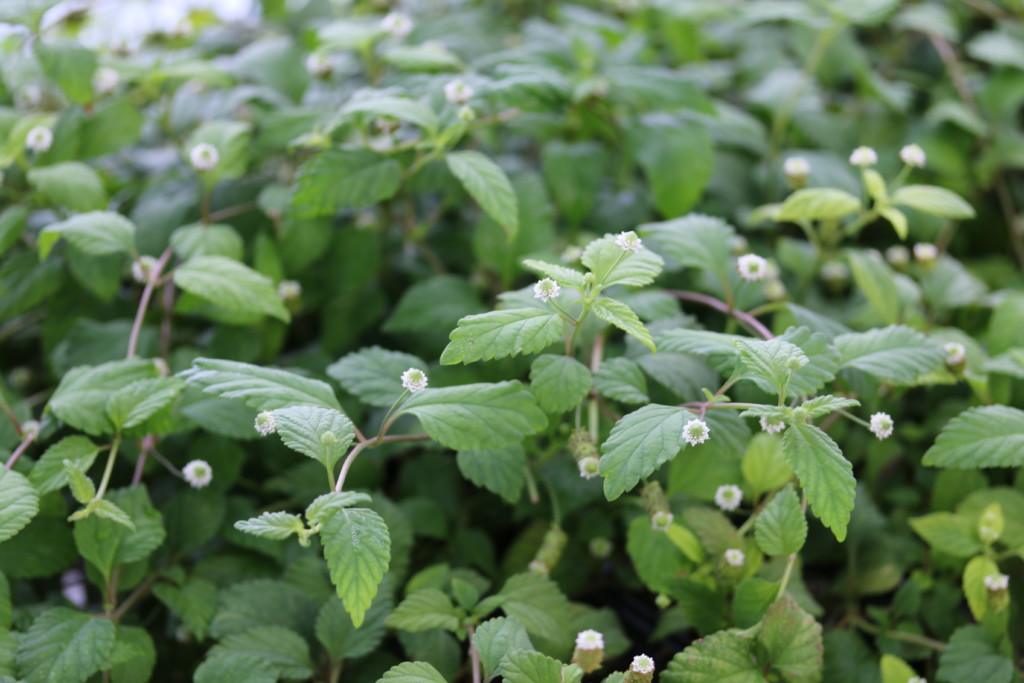
Obesity is one of the major health crisis prevailing worldwide and it is strongly linked to elevated levels of lipids, cholesterol, and glucose in the blood arising from the diet. Hence reducing the digestion and absorption of fat and carbohydrates in the diet provides a path to control obesity. This can be achieved by inhibiting the fat metabolizing enzymes such as pancreatic lipase and carbohydrate metabolizing enzymes such as α-amylase. Pancreatic lipase hydrolyzes fat from diet to monoglycerides and free fatty acids in the duodenum and α-amylase hydrolyses carbohydrates into sugars such as glucose, maltose, and dextrins. Hence, inhibiting these enzymes can reduce the bioavailability and absorption of carbohydrates and lipids from diet and assist with controlling obesity. Plants are ideal candidates to screen for enzyme inhibitors as the polyphenols in plant extracts are known contributors for inhibiting digestive enzymes. During this project, the medicinal plants such as Phyla dulcis, available in the university greenhouse will be extracted with methanol, water or other organic solvents and will be fractionated using silica gel columns. The fractions will be screened for their total polyphenol contents and inhibitory effects on pancreatic lipase and alpha-amylase using Biochemical assay methods.
